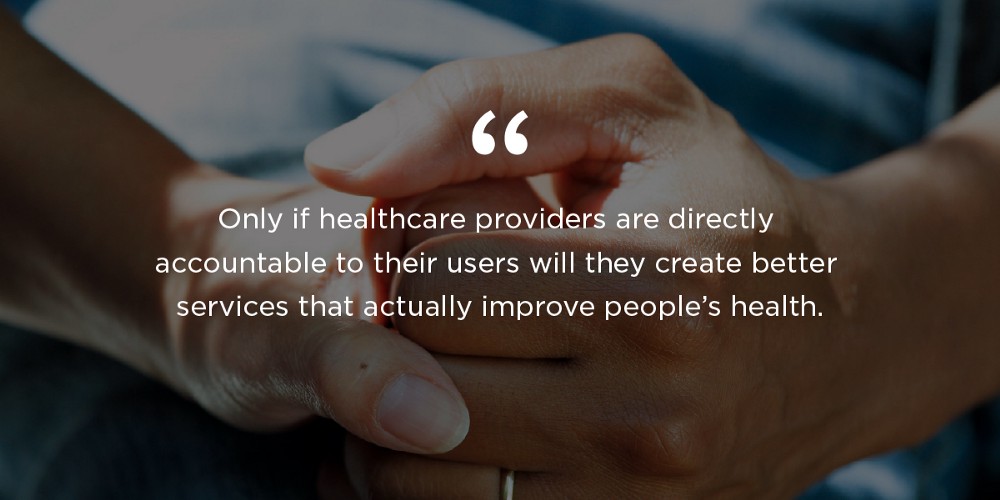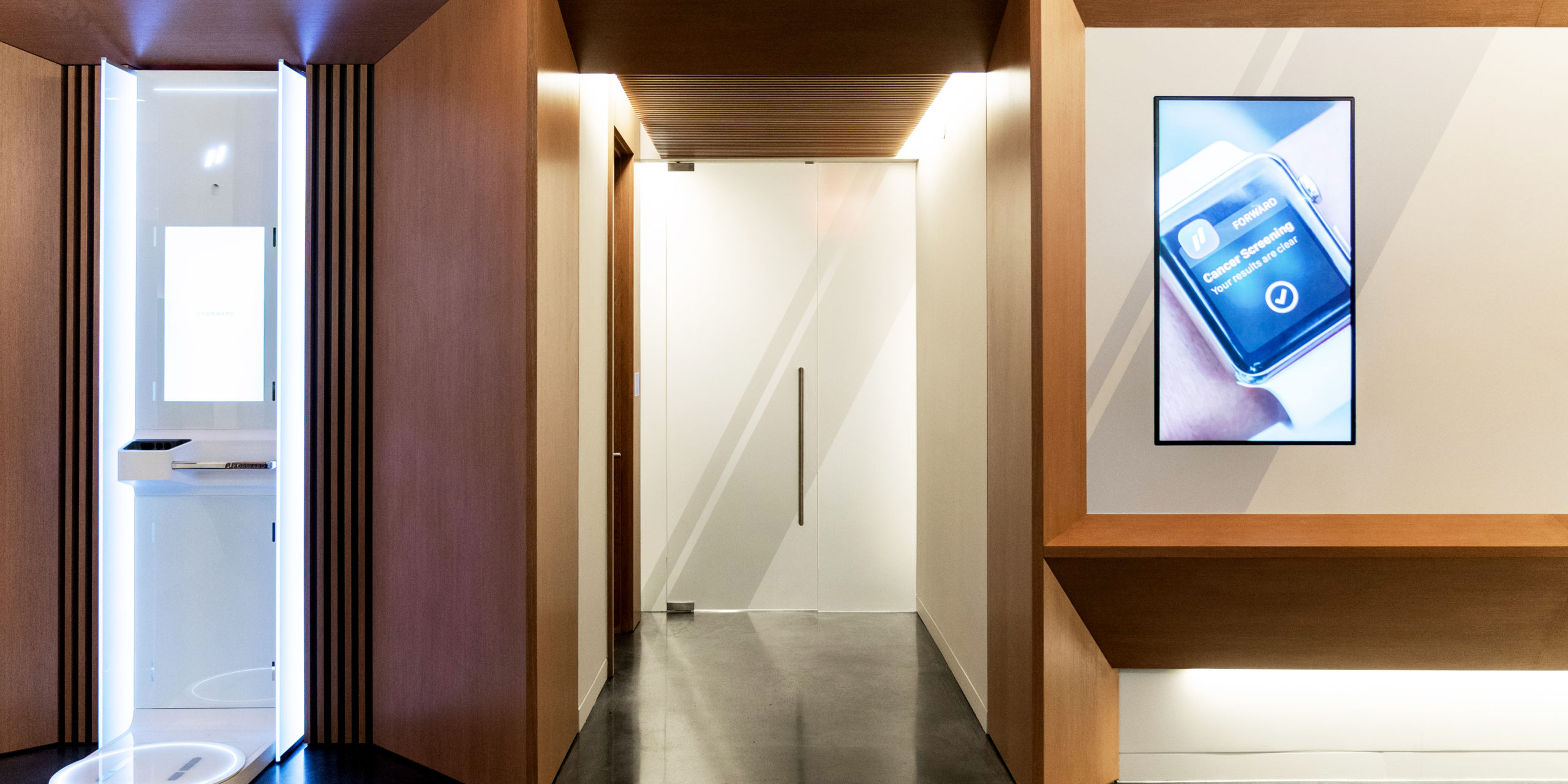by Adrian Aoun, Forward Founder and CEO, and Nathan Favini, MD, MS, Forward Medical Lead
Many American hospitals are on the brink of financial disaster. People have stopped showing up because of the pandemic, and now venerable health systems like the University of California, San Francisco are losing up to five million dollars per day. Almost every hospital in the country has furloughed workers, cut salaries and reduced benefits. We never anticipated that we would see the incumbent players in the industry so quickly weakened. Of course, these organizations are advocating for and receiving massive bailouts from the federal government to stay afloat. And while supporting the ability of our existing health infrastructure to respond to the pandemic is obviously in the public interest, much of the money is going to huge institutions with deep financial reserves. Rather than reinforcing the status quo with bailout funds, we should see this moment for what it is — an opportunity to rewire a healthcare system that doesn’t actually work.
The list of problems in American healthcare will be familiar to most readers: ballooning costs, poor quality, limited access, heartbreaking inequality. But the most compelling reason for rewiring American healthcare is rarely discussed. The reason is that American healthcare fundamentally doesn’t work. When it comes to the most basic question a healthcare system should have to answer — “Does using more healthcare improve your health?” — American healthcare responds with a resounding “No.” In the studies that have looked at this most carefully, improvements in health coverage in the US have little to no impact on the health of participants. This is not for a lack of effort: the COVID-19 crisis has shown the selflessness, dedication and sacrifice of our healthcare workers. Rather, it is because of fundamental flaws in the way our health system is designed. In fact, the reason that hospitals are losing millions of dollars each day is the same reason that they don’t really try to improve your health — their revenue streams depend on you getting sick.
Healthcare can be reoriented around the needs of the people it is meant to serve. Before the current crisis, we thought that only technological disruption could accomplish this. The two political parties argued about expanding or reducing health insurance, but ignored the fundamental problems of the healthcare system. The crisis created by COVID-19 could be the catalyst for real change. Instead of bailing out healthcare, let’s use this opportunity to crack it open and rewire it. It’s time to consider radical proposals for fixing our healthcare system that can dramatically reduce cost and make excellent care accessible to everyone. We can adopt the best ideas from the right and the left and combine the advantages of a consumer-driven market and a government safety-net.

First, for most healthcare services, we must better align the interests of consumers and healthcare providers. Only if healthcare providers are directly accountable to their users will they create better services that actually improve people’s health. Our company uses a membership model for primary care and we are exponentially more focused on the experience and health of our members than any other healthcare provider we know of. Today most people get health services through employer-sponsored or government-provided health insurance. We must break this relationship and the perverse incentives it creates. Instead, give the people their money back. Give every American at least five thousand dollars per year to spend on their health. For many people, this would be money no longer withheld from their paycheck. For people who use government insurance, it would be a direct government payment. This would allow everyone, regardless of socioeconomic status, to choose the services that provide the most value for their health. Healthcare providers would be quick to prove that they could deliver more health value at a lower cost. Our bet is that technology-driven organizations that provide excellent experiences and leverage automation and AI to deliver better outcomes more efficiently would grow rapidly to meet the new demand. Regardless, consumers would be the real winners.
Next, we should replace all other forms of health insurance with a nationwide, single-payer, high-deductible health plan. Anyone who has health expenses that exceed five thousand dollars because of illness would have those costs covered. Though the impact of insurance on health may be limited, the scientific literature is clear that it reduces financial hardship. That’s the purpose of insurance anyway — protecting yourself against the risk of a financial catastrophe. As millions of Americans lose their jobs because of the pandemic, it’s critical that everyone have a backstop against the true financial ruin that comes from becoming ill while unemployed. Many essential workers do not have health insurance through their work; they need protection now more than ever.
As radical as all of this sounds in the US, a similar approach is exactly what makes Singapore’s health system so excellent. None of what we’re proposing will be popular with the established players in American healthcare. But when organizations that fail so badly to meet our needs are asking taxpayers for billions of dollars, we should consider whether we throw good money after bad or if it’s time to put that money in the hands of the people and reimagine what healthcare can do.
Adrian Aoun is the Founder and CEO of Forward, the preventive primary care practice combining top-rated doctors and advanced medical technology. Dr. Nate Favini is Forward’s Medical Lead. In addition to comprehensive preventive and primary care, the company provides COVID-19 remote risk assessments, testing and ongoing care.


